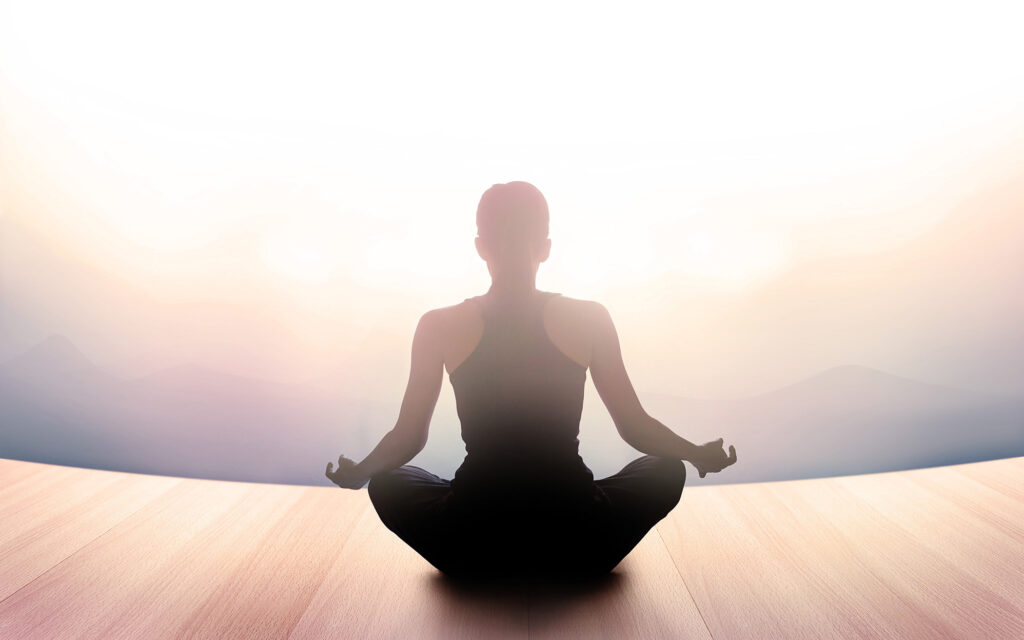A person living in a megacity faces intense psychological stress every day in one way or another. A megacity is an endless stress: noise, loud noises, large crowds of people, super-fast rhythm of movement and multitasking.
In such conditions the nervous system is actively exposed to unfavorable factors and is exhausted. For many people it has become customary to stay in chronic stress, fear, neurosis and other unhealthy conditions.
A person living in a megalopolis lacks calmness, quietness, a smooth and slow flow of life, relaxation. These states can be found and cultivated through the practice of meditation and https://www.julianalucky.com/yoga-for-kids, which will be a reliable key to a calmer state.
What is meditation?
Originally, the term “meditation” comes from the Latin word meditatio, or rather the verb meditari, which in various contexts means “to ponder”, “to contemplate”, “to produce ideas”.
The term meditation did not exist in the East. It came from the West with the Theosophical Society. In the modern world, meditation means the opposite state – going beyond everyday thoughts, for example, through concentration on a chosen object and one chosen idea.
There is no single approach to the practice of meditation, nor are there any definitions of it. For example, Master Osho gave an interesting definition: “Meditation is simply sitting in silence, diving deep within oneself and observing everything that happens in the mind. From which we can conclude that meditation is a way of diving deep within oneself, of observing, of being aware of the stream of thought, which allows one to calm down.
As one Zen parable puts it: “Thoughts come and go. Don’t offer them tea.”
Yoga master Swami Sivananda defined meditation as going beyond the everyday mind. Master Mingyur Rimpoche defines meditation as a joyful presence in the moment.
What is the value of meditation for modern people?
One of the main values of meditation for people living in a metropolis is to quiet the mind and not be a “squirrel in the wheel. Through the application of various meditative techniques, one is able to become unidentified with states of mind: to be more than endless thoughts, to be able to observe emotions, to train the position of observer. This is the evolution of consciousness – transcending the boundaries of the habitual mind and becoming aware of oneself as something greater than the thought and emotional processes.
of consciousness – transcending the boundaries of the habitual mind and becoming aware of oneself as something greater than the thought and emotional processes.
The mind becomes a tool for living in society, but you become the master.
Even the first steps in the practice of meditation in a megalopolis help to come to a balanced state, and to cope with a lot of stressors of the big city.
The practice of meditation has a beneficial effect on the parasympathetic department of the autonomic system, which is responsible for such vital functions as blood pressure, calm breathing, good bowel function. In the course of mental exercises, muscles relax, breathing and heartbeat become even. A person calms down. Cortisol (stress hormone) levels decrease, heart function improves, the emotional background is normalized, and vitality is restored.
How can you tell if you are really meditating?
The following criteria may be used as a guide:
During practice, the state of “Here and Now” is lived.
Detachment is preserved, not being involved in thoughts.
The idea of the Self is absent.
